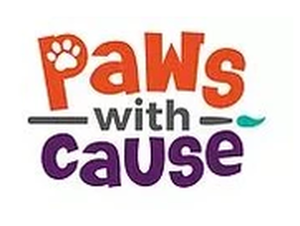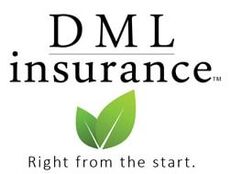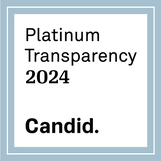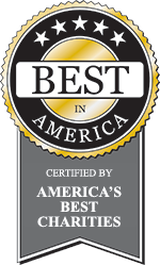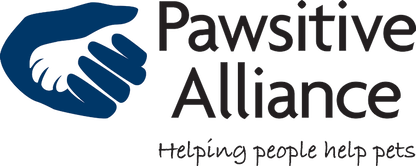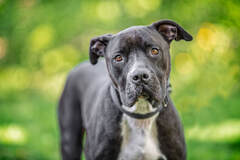 There are few things dogs love more than running and rolling around on soft grass. That's why so many pet owners choose homes with nice yards. But when it comes to nature’s call, dogs aren’t too particular about where they do their business. Cleaning up the poop is easy, but your dog’s urine can damage your lawn. Grass Types Chances are your Seattle lawn contains one or more of these types of cool-season grasses that are suited to the Pacific Northwest.
Fescues and ryegrass are extremely hardy and hold up best under the constant foot traffic of kids and dogs. All varieties will develop brown patches where the dog goes potty, but these grass types are more pee-resistant and easier to repair. Dog Urine Dogs have high concentrations of salt and nitrogen in their pee. When your dog answers the call of nature, the stream of urine acts as a strong fertilizer and burns grass blades. This gets worse if your dog favors a particular area. You can mitigate the damage by watering the area immediately after your dog relieves him or herself. This will dilute the urine, leaving less nitrogen to burn the grass. It also helps to have your dog drink a lot of water and dilute the nitrogen content. This is especially important with female dogs because they tend to squat in one location when they pee. Males, on the other hand, will often tinkle as they wander along, marking their territories. Lawn damage is worse when dogs consistently choose the same areas or routes. Lawn Damage Being a dog owner doesn't mean you have to live with brown patches in your yard. You can train your pooch to pee somewhere else, such as a gravel path or bed of mulch. While training is a good approach, it can be quite challenging — especially with older dogs. You can create an outdoor space specifically designed to draw your pet away from the lawn; a rock garden or mulched fence line may work. An area covered in clover is another good alternative. While some consider it a weed, clover is tough to kill and gives your lawn a green appearance. Supplements Enzyme supplements promise to balance the pH in dog urine. But veterinarians warn these products are hit-or-miss, and not the best option. For example, supplements containing DL-Methionine can often cause kidney disease and aggravate pre-existing liver conditions. Talk to your dog's doctor before adding anything to his diet. Stop FertilizingFertilizers contain nitrogen, which is essential for a healthy lawn. But your dog’s urine contains enough of it, so why add more? Instead, apply a lawn repair treatment with enzymes that will flush the salt from the roots of the grass. Walk Your Dog Your pup needs more than an occasional romp in the backyard. You’ve taken the time to provide him a home, now show him some love by taking him out for a daily walk. When he pees in the park, you’ll have fewer spots to deal with on your lawn. The exercise will be good for both of you! Alexia Jones owns a landscaping company whose services include repairing and winterizing sprinkler systems. She is an expert in sustainable lawns and landscapes and efficient irrigation systems.
1 Comment
|
THANK YOU TO OUR AMAZING ORGANIZATION SPONSORS
Pawsitive Alliance is a 501(c)(3) nonprofit organization that increases cat and dog adoptions, spay & neuter, and pet retention efforts across Washington State because we believe they all deserve a chance at a healthy and happy life.
|
Copyright © 2020 All Rights Reserved. Pawsitive Alliance
|

 RSS Feed
RSS Feed


